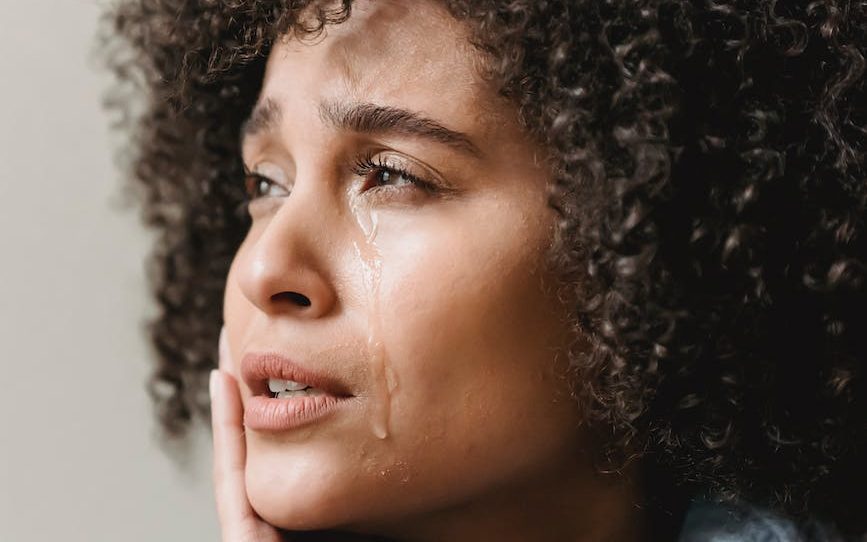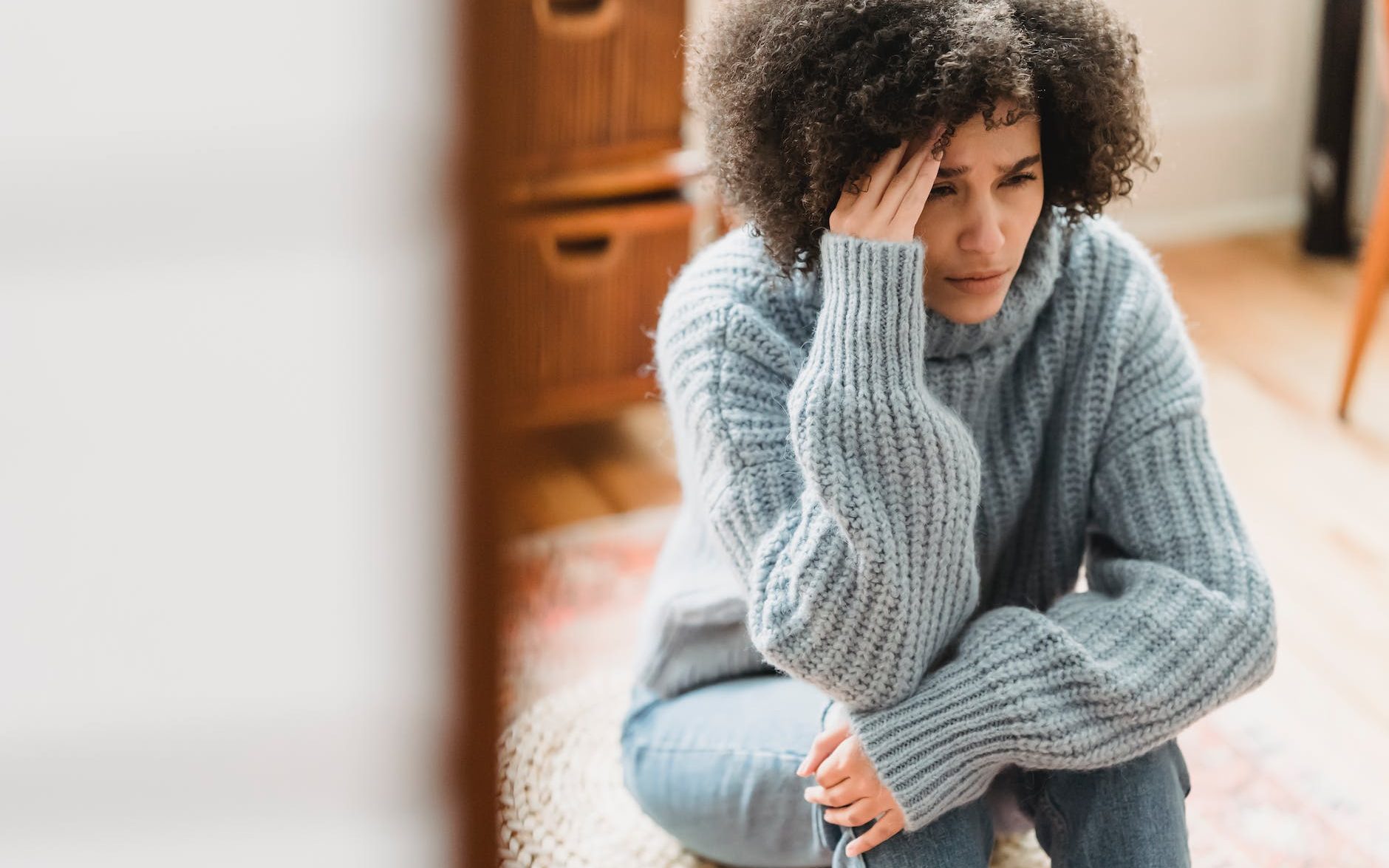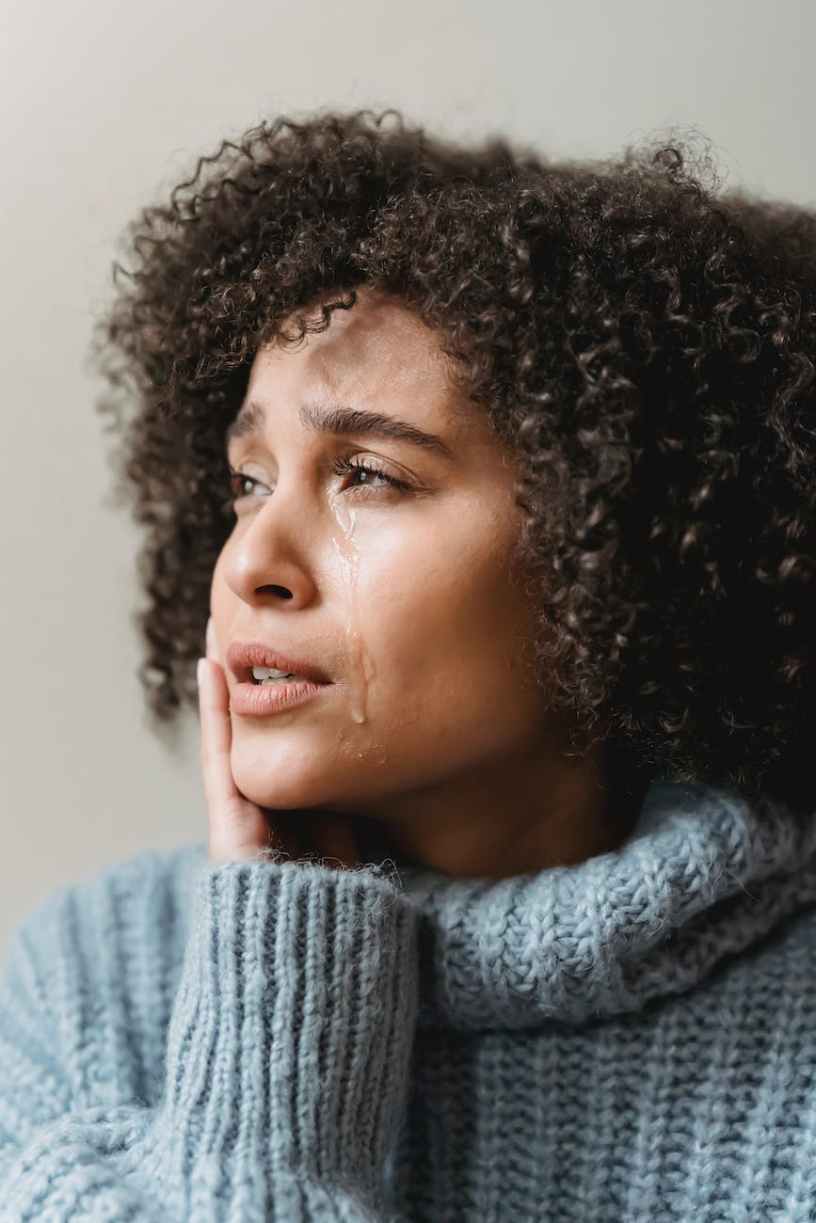Welcome back our Millenial readers. Last time we introduced the topic of Disenfranchised Grief, what it is, and examples of disenfranchised grief. Today, we shall dive deeper and look into its causes, effects, and treatment.

Causes of Disenfranchised Grief
Some of the causes of disenfranchised grief include:
- Lack of understanding by society about the person’s relationship– Sometimes when your friends or family don’t understand how much something or someone meant to you, they might not extend to you the grace needed during your grieving period.
- Grieving differently than society expects – Society and people around us have some predefined way in which they expect us to grieve or mourn the loss of a loved one or something close to us. When we do not grieve in this ‘usual’ manner, they may find it different and might not associate it with actual grief or they may not understand that you are actually going through a significant loss.
- People viewing your relationship as not significant – Your friends or family may view your relationship with the person as not significant and thus may judge your grief as too much as compared to your relationship with the person you lost.
- The stigma around loss – Some losses might have a stigma around them such as death by suicide, miscarriage, etc. This may make you feel like you need to grieve alone or in private.

How to Get Help for Disenfranchised Grief
Let us now look at how one can get help for disenfranchised grief:
Seek support: While some people might invalidate our feelings or not fully understand what we are going through, there are those who do. There are those who understand how much someone or something meant to you, and the magnitude of loss you’re going through. Lean on these people for support, talk to them, and express how you feel. They are there for you.
Therapy: While still undergoing the grief, you might also be having a difficult time dealing with people who neither understand nor validate your loss and/or grief. Talking to a therapist can give you a safe space to grieve and go through difficult moments without fear of being judged or invalidated.
Do a personal mourning ritual: When going through grief or loss that isn’t socially accepted, it might be hard to carry out a public ritual to mourn. But having your own personal mourning ritual can really come in handy to help you deal with the disenfranchised grief. These rituals can include writing a letter, planting a tree or flower for remembrance, making a short video combining the person’s pictures, or holding a small memorial at your place.

Don’t be afraid to ask for help. There is always someone willing to help, and there is always someone who has gone through what you’re going through. After all, there is nothing new under the sun. Even though society seems not to understand what you are going through, always know that your feelings are valid and it is okay to not be okay.
Sharonah ❤❤❤


The article has summed up what grief is all about.well thought and researched.
LikeLike
Good read and an eye opener to those who may not understand grief.
LikeLike